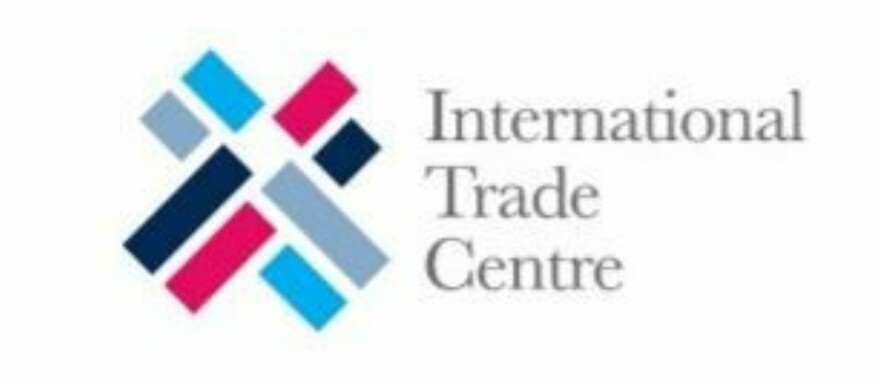The Government of South Sudan on Tuesday launched its five-year National Export and Investment Strategy in Juba, with the vision of “A sustainable, productive and diversified economy for inclusive development and prosperity in South Sudan.”
According to a press statement from the International Trade Centre, The Nation Export and Investment Strategy will seize South Sudan’s economic potential and harness opportunities offered by the East African Community and the African Free Trade Area.
By initiating vital policy reforms and infrastructure initiatives, the Strategy will support investment in productive capacities and domestic and cross-border trade.
Jointly drafted by public and private stakeholders, the Strategy is dedicated to fostering private-sector-led growth, ensuring transparency, and upholding trade policy consistency; Prioritize integration into the East African Community (EAC) and African Continental Free Trade Area (AfCFTA); Bolster local production, curbing imports, and stabilizing inflation for economic resilience and Nurture the potential of its youth and women through skills enhancement, vocational training, and gender-sensitive initiatives.
It also aims to implement measures to unlock trade and investment potential in six priority sectors: fruits and vegetables, Gum Arabic, hides & skins, natural honey, oilseeds, and wildlife tourism. It will also offer viable market opportunities for South Sudan in neighboring EAC countries and across the African continent.
ITC and Afreximbank join forces to help South Soudan use trade as an engine of growth, development, and economic resilience, for its people, including women, youth, and vulnerable communities.
Pamela Coke-Hamilton, the Executive Director of the International Trade Centre (ITC), said trade, investment, and regional integration can drive the country’s growth, development, and stability.
“The Strategy shows the consensus among all stakeholders to reach a sustainable, productive, and diversified economy for inclusive prosperity in South Sudan,” she stated. “At the same time, the Strategy highlights the need for addressing economic fundamentals such as physical infrastructure, energy supply, and internet connectivity, as well as inflation and foreign exchange volatility to support trade, small business, and economic stability.”
“It is a call for a partnership between government, business and development partners,” Coke added.
For her part, Mary Akech Milla, Undersecretary, Ministry of Transport, South Sudan, National Focal Point for National Export and Investment Strategy, said the National Export and Investment Strategy stands as a beacon guiding the government, private sector, and development partners, fortifying the competitive prowess of South Sudanese businesses, and ultimately propelling the entire nation forward.
“I am deeply grateful for the African Export-Import Bank’s vital financial support, which plays a pivotal role in turning the Strategy into a tangible achievement for South Sudan,” she declared. “The Government of South Sudan is resolved in fully embracing and executing the Strategy.”
Meanwhile, Prof. Benedict Oramah, President and Chairman of the Board of Afreximbank, said the arrangement will empower South Sudan in its journey to economic stability.
“Our partnership empowers South Sudan’s quest for economic stability, driving policy reforms and infrastructure development, promoting growth, trade, and regional integration,” he stated.
The National Export and Investment Strategy was developed under the aegis of the Government of South Sudan under the leadership of the Ministry of Trade and Industry and the Ministry of Investment, with financial support from Afreximbank and technical assistance provided by ITC’s One Trade Africa Initiative.
The International Trade Centre is the joint agency of the World Trade Organization and the United Nations.




